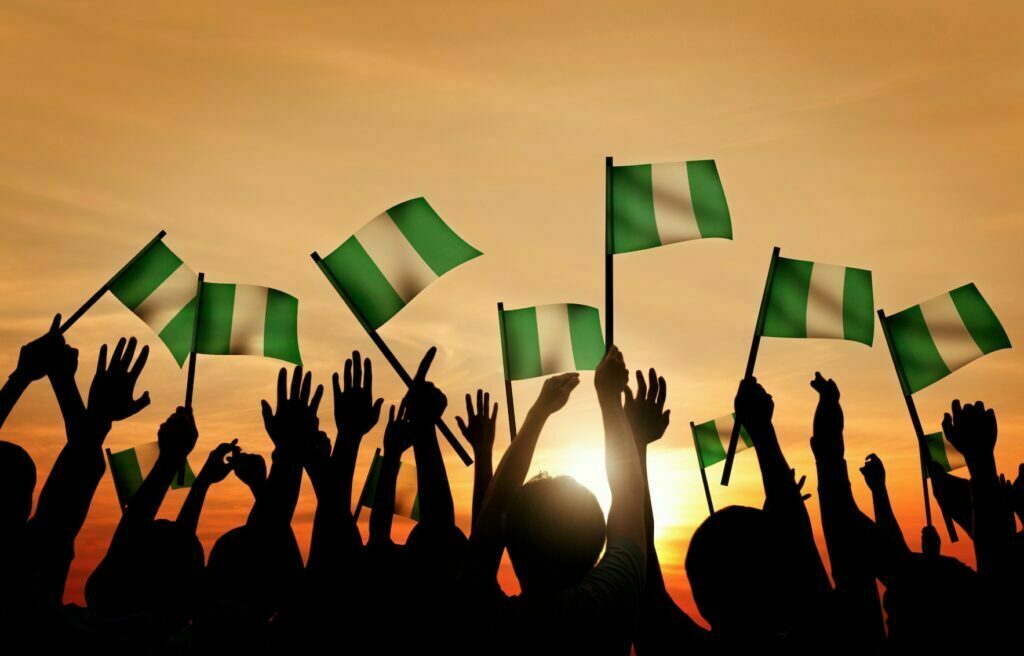
As the year 2023 approaches with expectations for individuals and climes, what is uppermost in the minds of Nigerians is the general elections billed to take place within the first quarter of the year.
It is a transition year where Nigerians will go to the polls to elect new leaders in the quest for a society of their dreams and the betterment of the country.
Beyond the polls, social pundits, state actors and the clergy have continued to point searchlights on the religious bodies and their role in the moulding of citizens’ characters and achievement of a better Nigeria.
With Nigeria being a secular state, every member of the society belongs to one faith or the other, hence the role such bodies have to play in the social mobilisation agenda.
According to Peter Ekeh in his book “The two Publics”, the faith bodies exert great influence on persons that people obey and revere directives given by the bodies where they belong.
Analysts have continued to x-ray the nexus between such bodies and members with a view to finding the congruence, in order to adopt such in the larger society where the state controls.
The analysts believe that if same individuals can conduct themselves well in accordance with the tenets of faith groups but do otherwise in the larger society where the state is in charge, a liaison of the faith bodies and the state is essential to mould better characters.
A former Prelate of the Methodist Church of Nigeria, His Eminence Uche Kalu, says the Church has been in the business of lifting the society and advancing mankind in various facets.
He says with a good partnership between the state and the Church, a lot more human-oriented programmes will be achieved.
The new President of the Christian Association of Nigeria (CAN) His Grace, Most Rev. Daniel Okoh, believes faith organisations have a role to play in value re-orientation of the people.
Okoh, who expressed the view during a reception in his honour in Lagos, charges leaders of worship centres to mould members’ characters to reflect what the scriptures dictate as such persons exhibit those good conducts in the larger society.
He regrets the level of corruption in the society where not less than 80 per cent of its population are believers of one religious body or the other.
“If we must get it right come 2023 and beyond, intentional efforts must be made by the religious bodies to mobilise members toward a good Nigerian society of everyone’s dream.
“Staying aloof as was done by some organisations in the past is no longer fashionable. Any good policy intention of the state must be amplified in the various worship centres to make it easy for the state actors to advance the polity.
“Issues that tend to create division in the society must be played down to allow cohesion and those that tend to bond us should be highlighted.
“Civil conducts of citizens to one another should be the watchword,” he says.
The CAN boss frowns at the levity with which people handle public facilities, treating them as government property that should not be taken care of.
He says such mindsets are clogs in the wheel of national development and urges people to desist from such acts in order not to overwhelm the state with re-current expenditure.
The cleric believes proper use by the people will enable governments to focus on other pressing matters of common good.
The Catholic Bishop of Sokoto Diocese, His Grace Mathew Hassan Kukah, says there is nothing wrong with Nigeria, but notes that the polarisation of the people by the politicians is done for selfish ends of the proponents.
He tasks religious bodies to educate their people on citizens’ civic responsibilities and obligations to help close the gulf between people and also that between them and the state, that has done harm than good to the polity.
Chief Missionner, Nasrul-Lahi-L-Fatih Society of Nigeria (NASFAT), Imam Abdul-Azeez Onike, says the dichotomy that exists between people on religious basis is baseless as everyone is from the same God.
Onike believes that faith groups should up their games in human character moulding.
“If we choose to reform our mindsets to social redeeming values, the society will be a lot better and the government will channel limited resources to pro-human projects,” he said.
The Muslim leader emphasises on prayer for the nation’s leaders, saying that God still answers prayers made in good faith and can bestow leaders with discerning minds when people pray.
He calls on people to always pray for the nation and its leaders in order for them to remain focused, saying such can foster good governance in the society.
Analysts believe that religious bodies, asides contributing in the making of a better society, should also not shy away from holding the state accountable when things seem not to be going well in the polity.






















